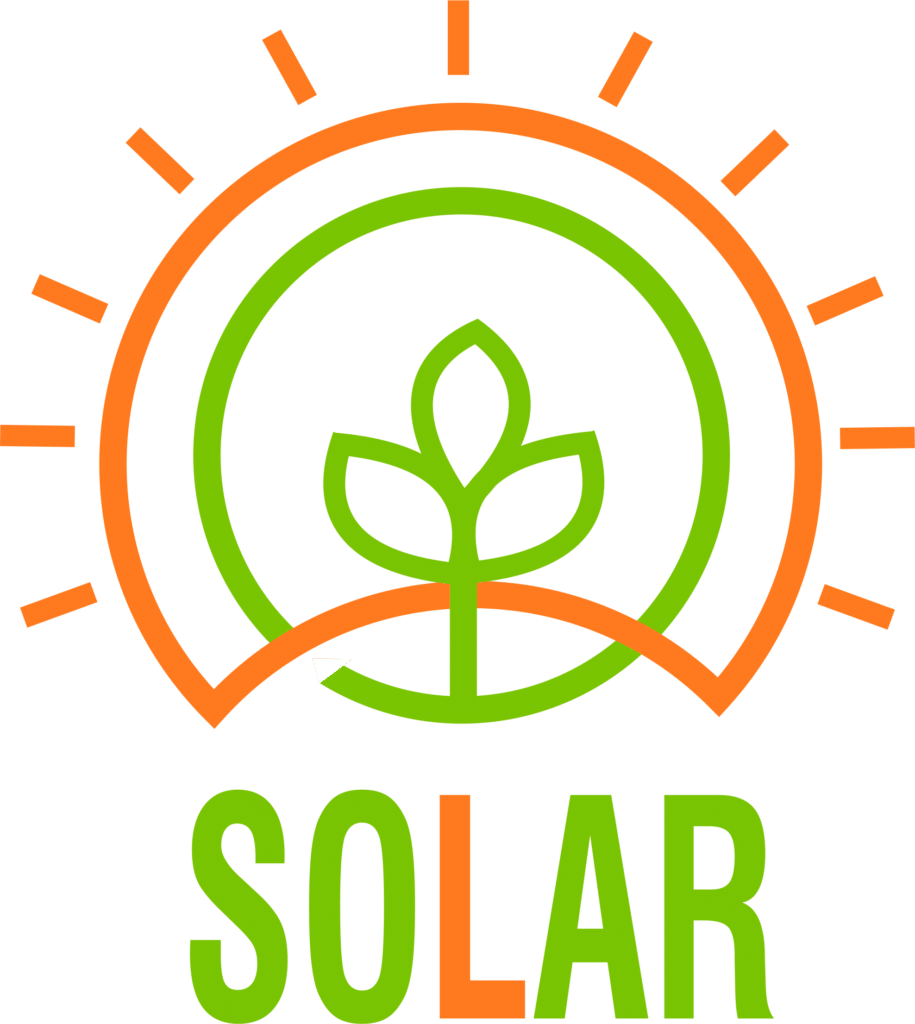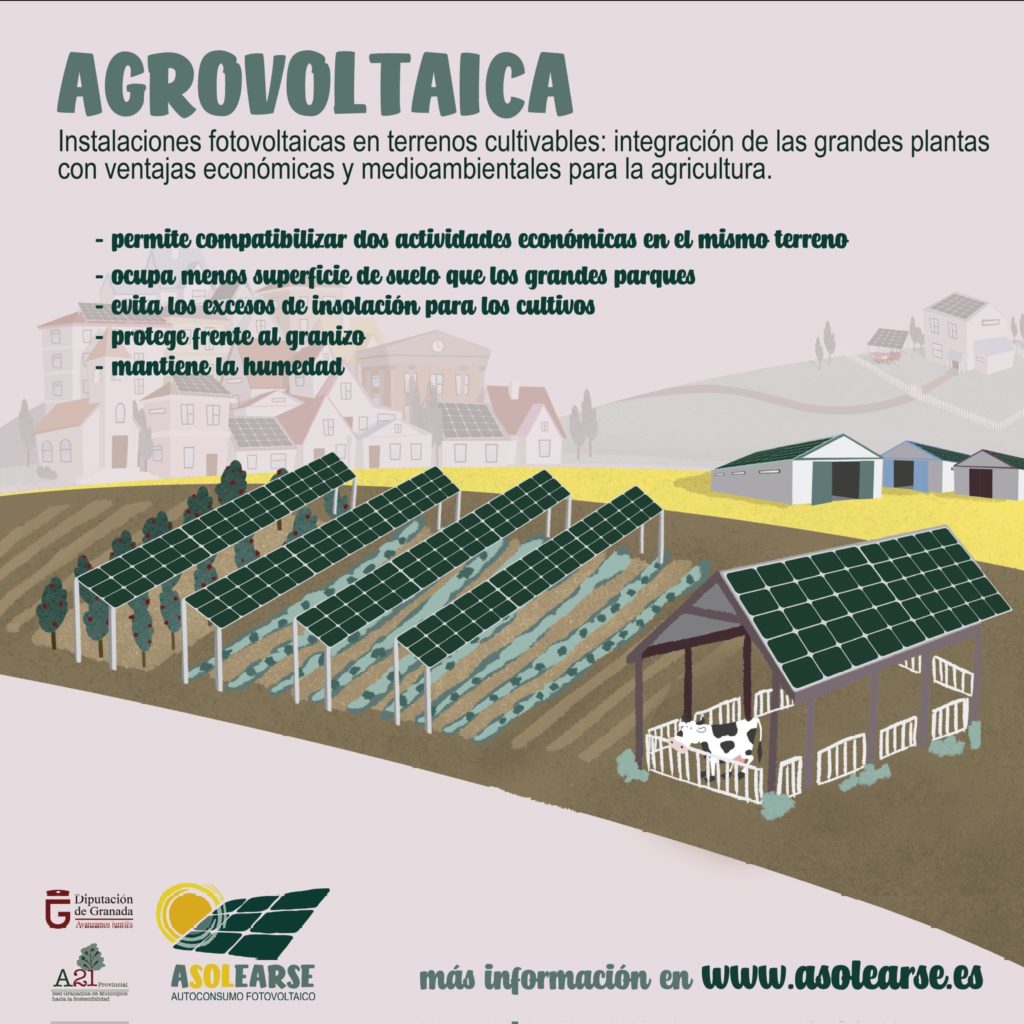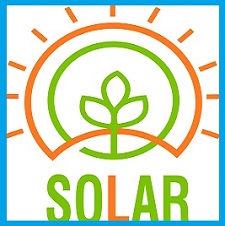
SOLAR – ERASMUS+ PROJECT
Integrated food and energy systems for climate-smart agriculture
The main aim of the SOLAR project is through innovative technologies and personalized learning to improve competences, knowledge, skills and qualifications of the small and middle farmers in the field of IFES that may lead to the smart agriculture positive approach.
Currently existing learning materials for farmers are mostly focused on the separate areas of bio-food production or alternative/renewable energies. Moreover, these learning materials/events/courses are very general and based on the sophisticated technologies, which are not always suitable for the people from agricultural practice.
We offer to develop comprehensive curriculum and complex learning materials oriented on the problems of IFES with the main attention on the climate-smart approach
STATE OF THE ART:
Food production needs to increase by 70%, actually mostly through yield increases (FAO, 2014), to feed the world in 2050. Productivity increases have often been accompanied by negative effects on agriculture’s natural resource base, to such an extent that it could affect its productive potential in the future. This situation is further compounded by climate change impacts reducing the resilience of agro-ecosystems. Improving resource-use efficiency and productivity of agroecosystems are therefore essential in order to reach food-security objectives. These are the main goals of climate-smart agriculture as well a goal No. 13 between the 17 Sustainability Development Goals.
Continuing this path is not an option as it will put additional pressure on the already stressed natural resource base and local livelihoods, while climate change is further reducing the resilience of agro-ecosystems and smallholder farmers. Research carried out shows that the ecosystem approaches that combine both food and energy production could substantially mitigate these risks while providing both food and energy to rural and urban populations. From this point of view, integrated Food-Energy Systems (IFES) covered integration of food and energy production may be one of the best ways to improve food and energy security and simultaneously reduce poverty in a climate-smart way. An IFES is a diversified farming system, which is a system of agricultural production that incorporates agro-biodiversity and builds on the principles of sustainable production intensification. IFES can functions at various scales and configurations, from small-scale operations managed at the village or household level primarily to meet domestic needs and sustain local livelihoods to large-scale operations designed for commercial activities. Depending on the circumstances, the generation of solar, thermal, geothermal, photovoltaic, wind and water energy can be an integral part of the system.
More information on the project at the official website: https://www.solar-erasmus.eu/
FACEBOOK of the project: https://m.facebook.com/SOLAR-project-102032812384312
INSTAGRAM of the project: https://www.instagram.com/solarproject.eu/
More information about IFES (FAO): https://www.fao.org/3/i2044e/i2044e.pdf
More information about IFES : https://agricultureandfoodsecurity.biomedcentral.com/articles/10.1186/2048-7010-1-9
Conference on Agrovoltaics 2022: https://www.agrivoltaics-conference.org/
AGROVOLTAIC as an example of an IFES:

Agrivoltaic course material in Spanish: CURSO AGROVOLTAICA 2021 – Documentos
UD_01 Introducción a la agrovoltaica. 23rd September: https://youtu.be/UJ5iyUBJCAw
UD_02 Casos prácticos en España. 29th September: https://youtu.be/r0twAks9ZAw
UD_03 Casos prácticos en otros países. 5th October: https://youtu.be/KTtZSzZFD1s
UD_04 Aspectos técnicos. 15th October: https://youtu.be/DFjdqh4M9os
Complete program: https://shorturl.at/nMNSW
